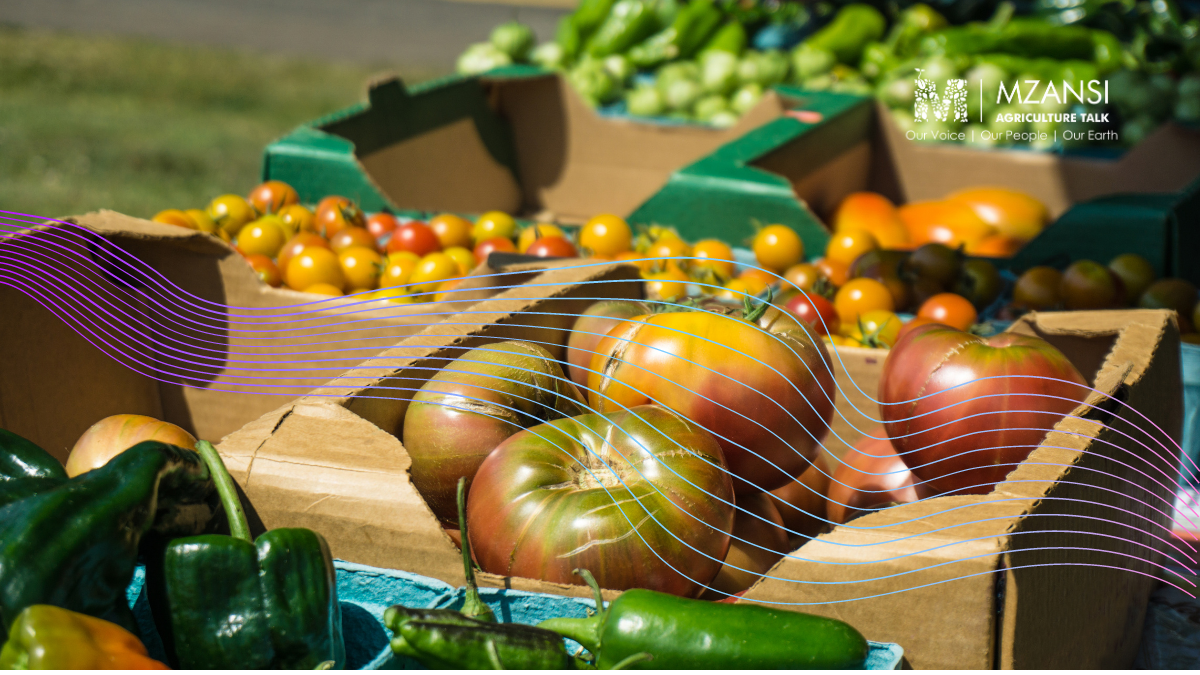According to a study by the National Agricultural Marketing Council (NAMC), the national picture of smallholder farmer participation in the national fresh produce markets (NFPMs) was encouraging.
As from July – September 2020, data provided obtained from South African Union of Food Markets indicated that smallholder farmers traded a total volume of 209 thousand MT over the total volume traded in the 17 NFPM’s at 699 626 metric tons.
“The top 5 NFPMs contributing to smallholder farmers’ total revenue were Johannesburg at R229 million which translated to 50.36% of the total revenue, Tshwane (R99 million), Durban (R43 million), Springs (R16 million) and Bloemfontein (R13 million) respectively” according to senior economist at the NAMC Lindikaya Myeki.
A total turnover of R1.3 billion in revenue was generated by NFPM’s during this period and the upward trend of prices was expected to be bolstered by consumer demand ahead of the festive season.
According to Paul Makube, economist at FNB, concurred that during November 2020, NFPM were already registering “14.5% and 6% respectively year/year.”
The Council further noted that the increase of smallholder farmer participation in the NFPMs could have been the recommendations of the NAMC Section 7 Committee report published in 2006 which advanced a target stating that “30% of the volume should be traded through black commission market agents, starting from year 2014.”
Market agents played a prominent role in ensuring market access for smallholder farmers in the NFPM’s. Regulated by the Agricultural Produce Agents Council (APAC), there has been a sizeable number of black-market agents registered with the council.
Currently there were 910 fresh produce agents registered with APAC, with about 745 as active sales personnel. Of the market agents registered, the were about 17 of the agencies that had more than 50% of black ownership.
But most concerning was black market agents being charged for failing to submit interim reports, produce trust reconciliation reports and failing to keep full and correct accounting records of all monies received said APAC in its 2019/2020 Annual Report.
A study of Gauteng smallholder farmers entry into NFPM’s appeared in the Southern African Business Review Volume 20 (2016), which warned of two risks smallholder faced in the formal supply chains of fruits and vegetables namely; production level and retail/consumer level risk.
“At the production level, risk is prominent from input procurement through to the post-harvest stage of the chains. At the retail and consumption level, risks are linked to the adherence to quality and quantity standards, including prescribed packaging, grading, labelling and traceability and transport requirements. As a result of these risks across the formal chain, smallholder farmers often resort to distributing their products in low-value informal markets. The consequence is that smallholder farmers tend to remain trapped in poverty, in part, because of their risk appetites and their ability to bear risk” (Louw & Jordaan, Supply chain risks and smallholder fresh produce farmers in the Gauteng province of South Africa)
Off the most traded agricultural produce by smallholder farmers during the July – September period, potatoes led the charge trading at 68 709 MT (34%) followed by Onion at 27 210 MT (13%), Tomatoes at 18 107 MT (9%), and Bananas at 13 028 MT (6%).
The four commodities commanded 61% of the total volume traded by smallholder farmers in the national fresh produce market system in South Africa.
Undoubtedly, this marked improvement of black-market agents and smallholder farmers entry into the formal fresh produce supply chains was promising but there was still a long way to go according to the NAMC.
“These findings have serious policy implications for land reform, food security and strategies for transformation both at farm production and NFPM levels” Myeki further added.




















